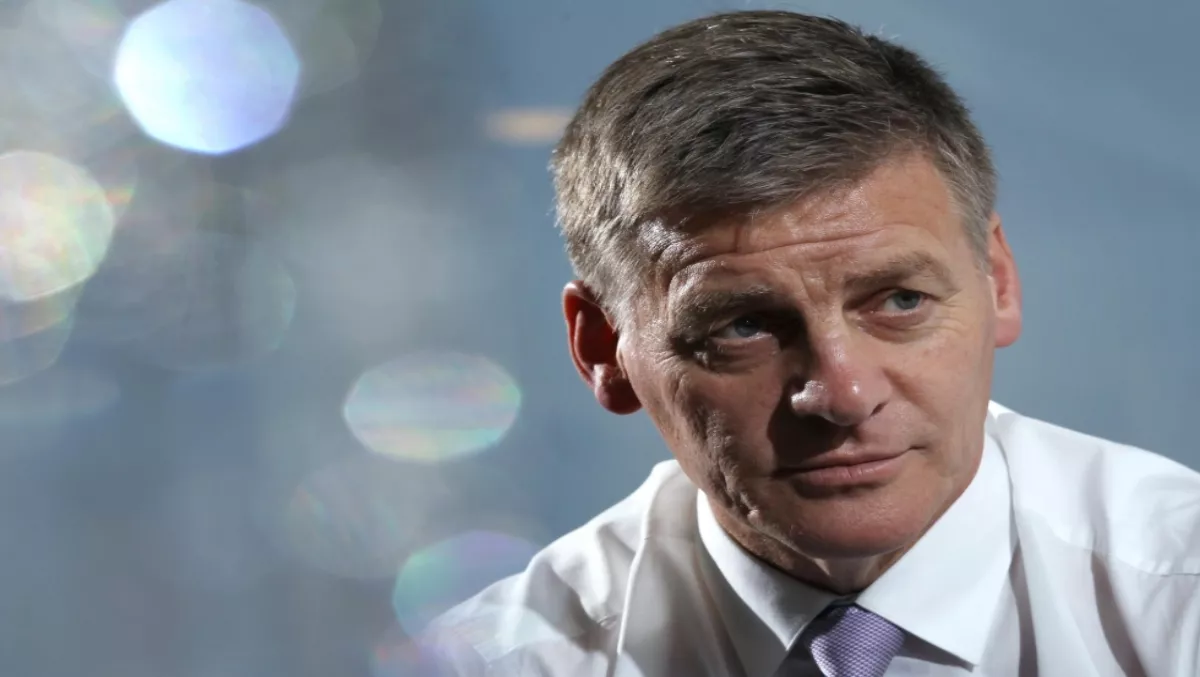
Deputy PM: Govt knows true cost of business continuity
Addressing a packed but slightly chilled room at Plan B’s newly opened Wellington Southern Cross Data Center facility, Deputy Prime Minister Bill English reminisced as he spoke of the value of business continuity.
“The government doesn’t know what it doesn’t know but to run an organisation these days you have to know about this stuff.”
Referencing directly of the need for data backup, replication and recovery services, English recalled the government’s decision to delay the Christchurch census following the Canterbury earthquakes in 2011 - a move which many still believe will seriously affect the city’s recuperation prospects.
Announced on February 25, 2011, the cancellation by Statistics New Zealand saw as much as $90m written off with the census deferred until March 5, 2013.
Such incidents, when data is at the mercy of Mother Nature, can be preventable however, with English admitting the government, as well as many businesses across the country, is still in the processing of rethinking its business strategy when it comes to business continuity.
“The government plans to invest over $3 billion into tech projects across the next five years as organisations continue to rethink their whole business models,” he said.
“From our perspective, and Peter Dunne especially, we have been involved in the early stages of the Inland Revenue changing its business platform, as well as the social welfare and ACC.
“They are all transforming their business processes and skill sets and hopefully that leads to better customer relationships which in the case of Plan B, means every single New Zealander.”
Joined by Peter Dunne, Minister of Internal Affairs, English officially opened Plan B’s SXDC facility and expanded Standby Office facility, the newest in Tawa which has been built to accommodate up to 80 racks in an enterprise-level environment.
Standing in front of the soon to be out of bounds facility, English said businesses continue to learn an “awful lot about how technology is changing” - referencing to the work of unnamed billion-dollar businesses as an example.
“The CTOs I speak to run very large complex businesses, ones you and I have probably never heard of, but the two aspects of the company they really own nowadays are their people and their IT systems,” he adds.
“They don’t actually own buildings and cars anymore which shows how much the sector is changing.”

Best of Brands…
Taking a slight deviation during his ten-minute address, English turned to Plan B Managing Director Ian Forrester and joked of his fondness of the name Plan B - and the branding which defined it.
“I really like the branding Plan B,” English told Forrester in front of the crowd. “And the definition of what it does sounds a bit like the definition of what a Deputy Prime Minister does.
“The Deputy Prime Minister does all the hard work so the Prime Minister can perform at a top level without any threat of interruption,” before jokingly adding; “and it seems to have worked pretty well so far.”
Jokes aside however, English also praised the development of technology businesses in Wellington, a city which he believes has helped develop successful companies which has subsequently created great momentum across the sector.
“The kind of facility which Plan B has opened not only adds to the practicality of doing business in Wellington, but also the city’s reputation,” he added.
“The government also hopes to benefit from the entrepreneurship of businesses such as Plan B because without them we all wouldn’t know enough about business continuity to even understand what to ask.”

